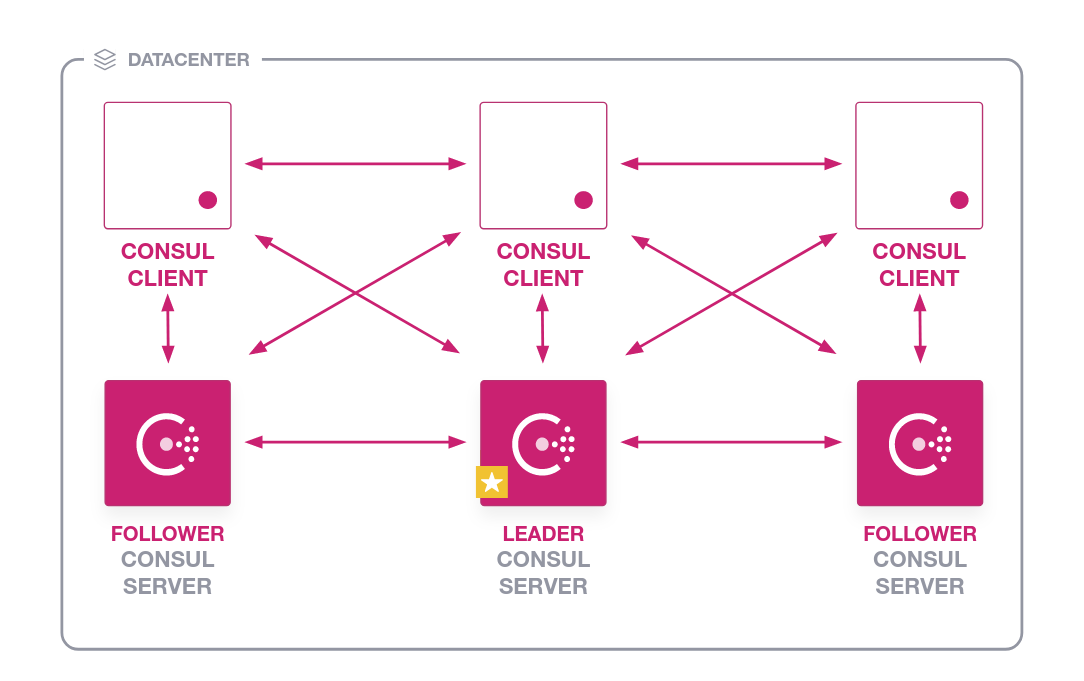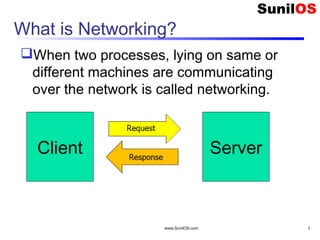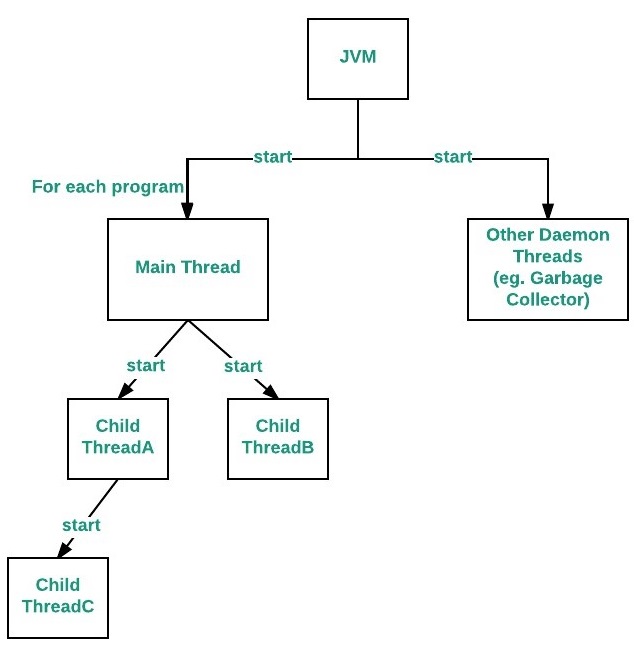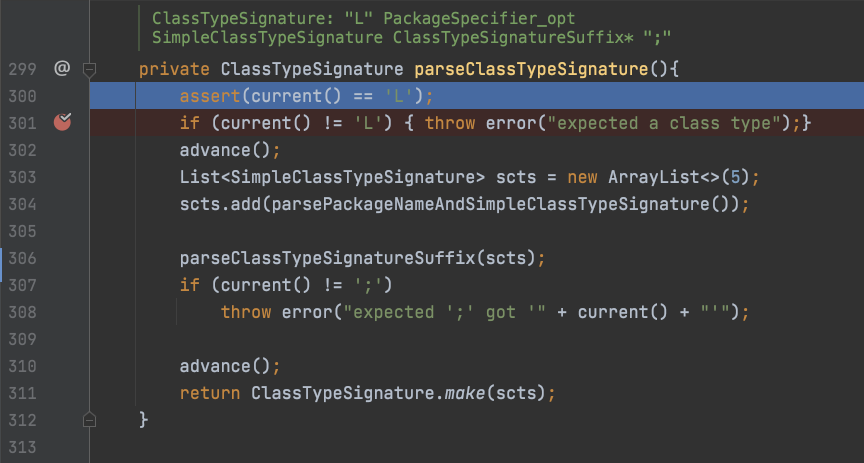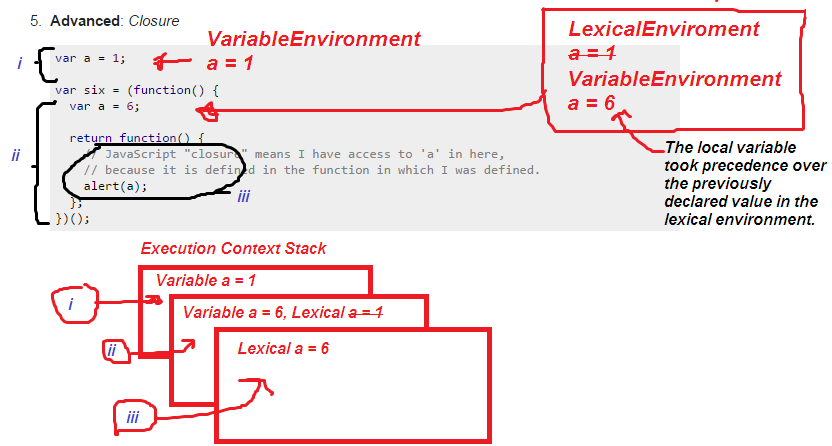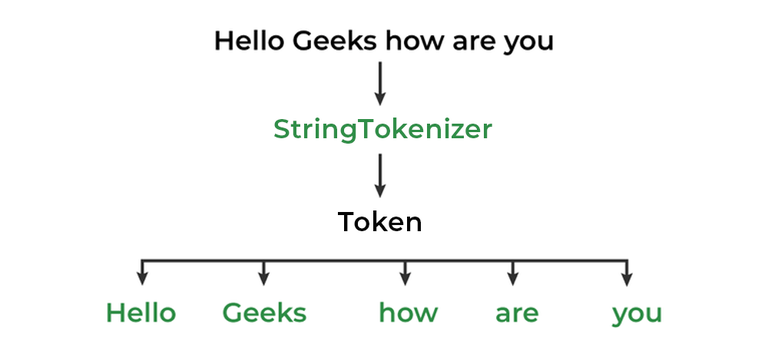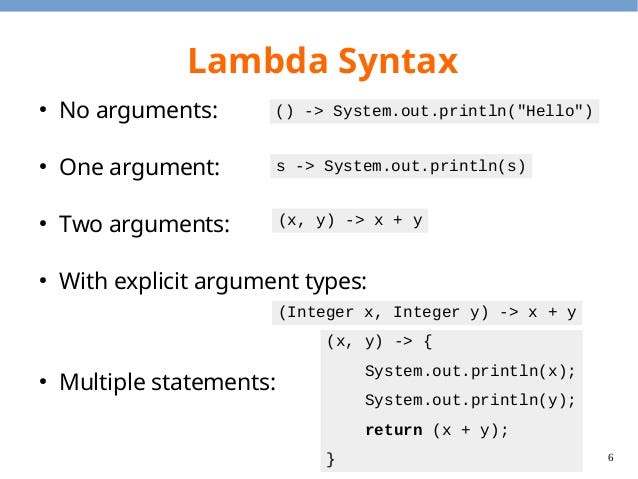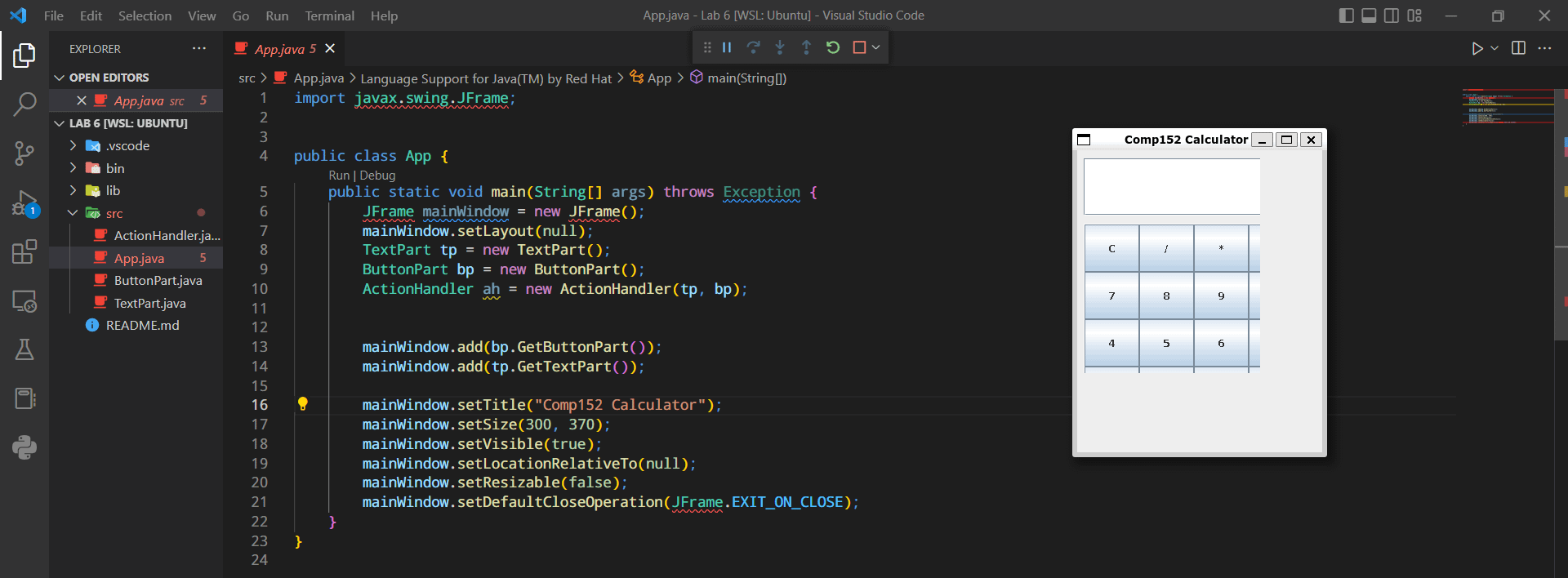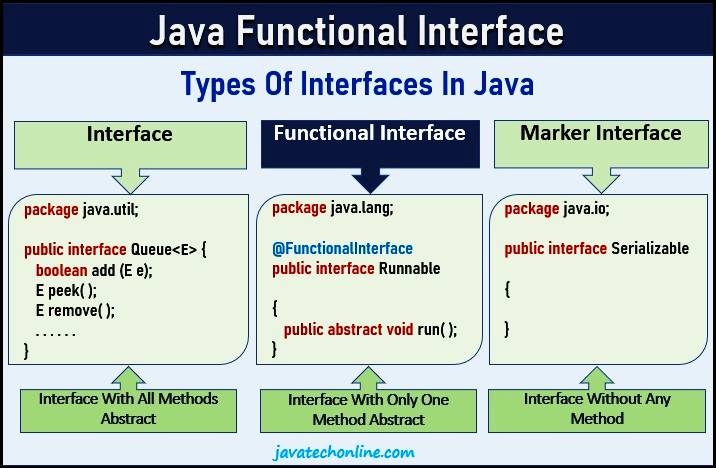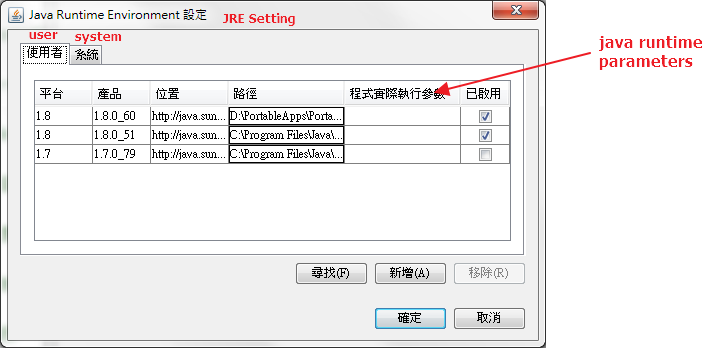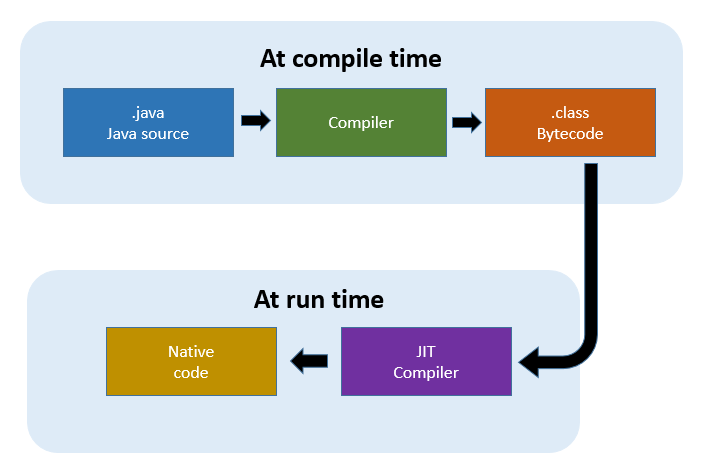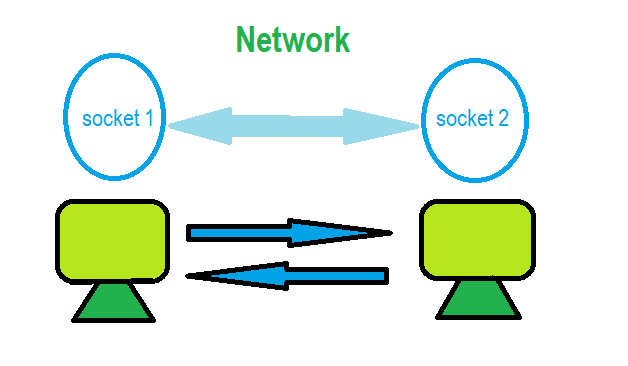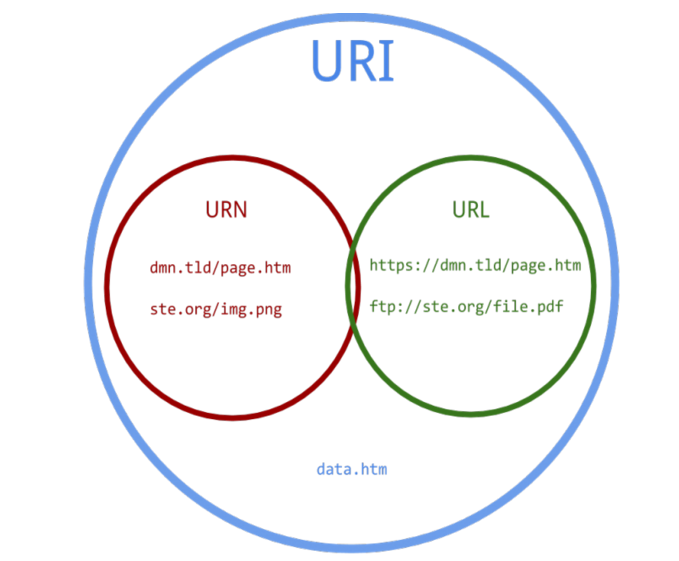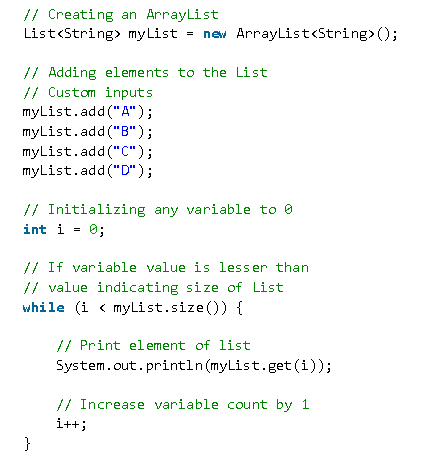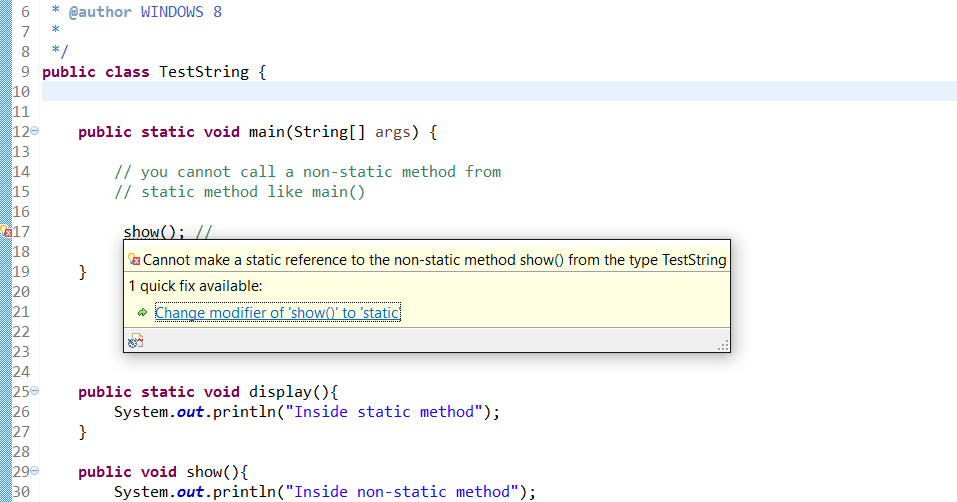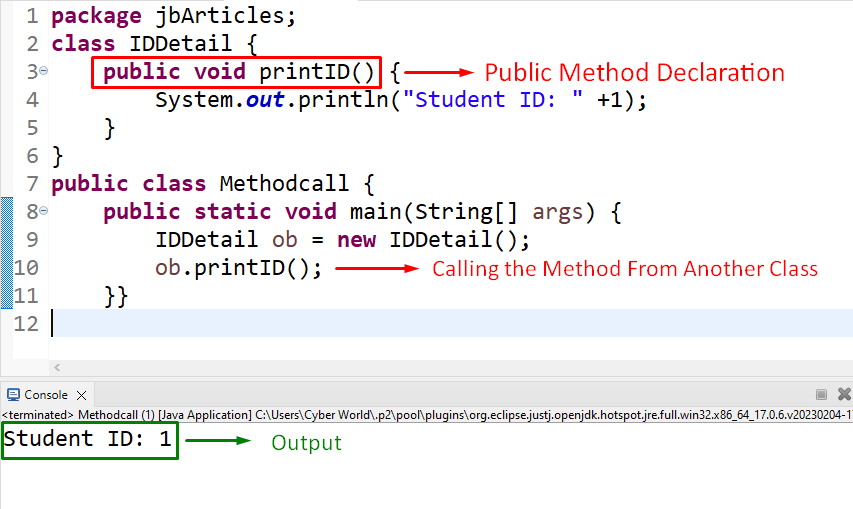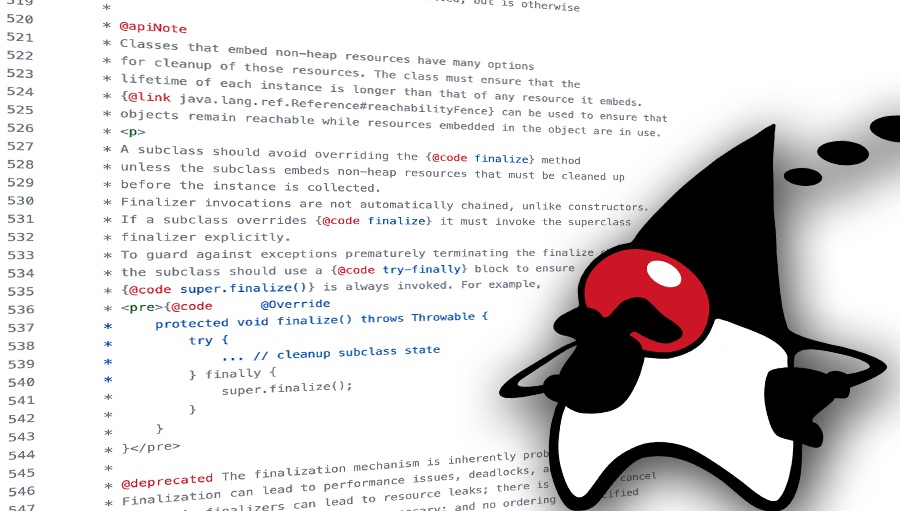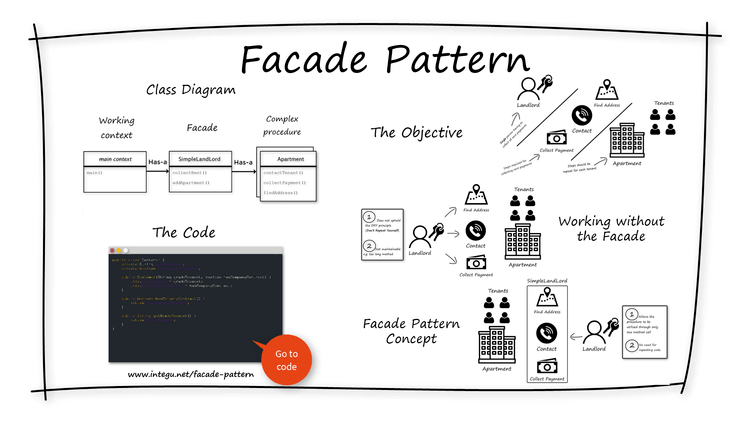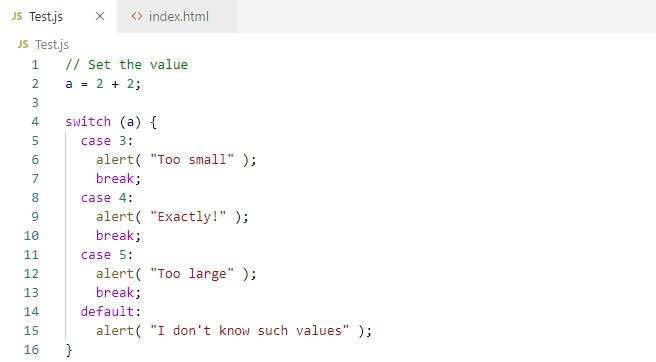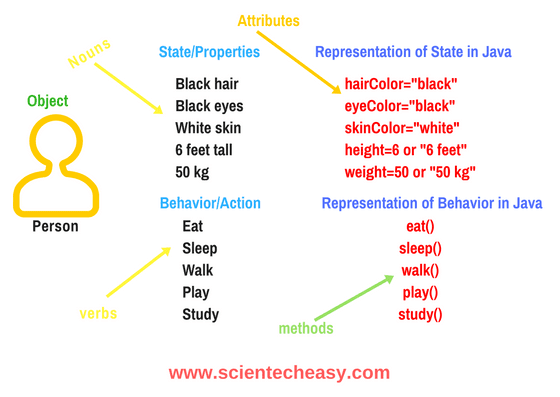What are abstract methods in java javatpoint
What are abstract methods in java javatpoint

I'd be happy to help!
Abstract Methods in Java:
Abstract classes and methods are an essential part of Object-Oriented Programming (OOP) in Java. An abstract class is a blueprint for objects that can have child classes which are responsible for the implementation of the abstract methods. In other words, an abstract class provides a basic structure that child classes can extend or modify to provide their own implementations.
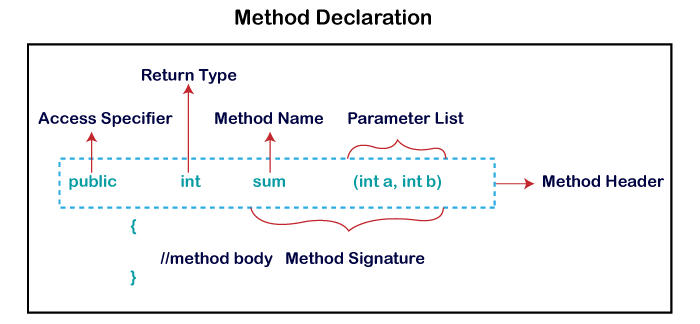
Abstract Methods:
An abstract method is a method declared in an abstract class without providing any implementation. It is essentially a template that specifies what the method should do but does not provide how it should be done. In other words, an abstract method provides the signature of the method (i.e., its name, return type, and parameter list), but does not provide the actual code for the method.
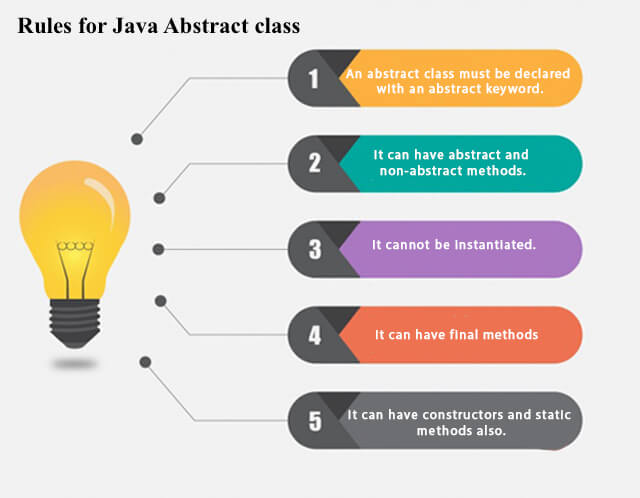
Why Abstract Methods?
There are several reasons why you might want to use abstract methods:
Inheritance: By declaring abstract methods in a superclass, you can specify that all child classes must implement those methods, which helps ensure consistency across your program. Polymorphism: You can create objects of different classes at runtime and then treat them uniformly as instances of their common superclass. This is because the method calls are resolved at runtime based on the actual class of the object. Encapsulation: By keeping the implementation details inside a child class, you can better encapsulate the data and behavior of your objects.How to Use Abstract Methods:
Here's an example of how you might use abstract methods in Java:
// Define an abstract class with abstract methods
abstract class Shape {
public abstract double getArea();
public abstract double getPerimeter();
// Add some common code for all shapes
public void draw() {
System.out.println("Drawing a shape...");
}
}
// Implement the abstract class in child classes
class Circle extends Shape {
@Override
public double getArea() {
return Math.PI * radius * radius;
}
@Override
public double getPerimeter() {
return 2 * Math.PI * radius;
}
private double radius;
public Circle(double radius) {
this.radius = radius;
}
}
class Rectangle extends Shape {
@Override
public double getArea() {
return width * height;
}
@Override
public double getPerimeter() {
return 2 * (width + height);
}
private double width;
private double height;
public Rectangle(double width, double height) {
this.width = width;
this.height = height;
}
}
public class Main {
public static void main(String[] args) {
// Create objects of different classes
Circle circle = new Circle(5);
Rectangle rectangle = new Rectangle(3, 4);
// Use polymorphism to call methods on the objects
System.out.println("Circle area: " + circle.getArea());
System.out.println("Rectangle perimeter: " + rectangle.getPerimeter());
// Call the common draw method on both shapes
circle.draw();
rectangle.draw();
}
}
In this example, the Shape abstract class defines two abstract methods (getArea() and getPerimeter()) that must be implemented by its child classes. The Circle and Rectangle classes implement these methods specifically for their own types of shapes.
By using abstract methods, we can create a hierarchy of classes where each subclass has its unique implementation while still sharing common behavior with other subclasses in the same hierarchy. This is just one of many powerful features of OOP in Java!
What are abstract methods in java w3schools
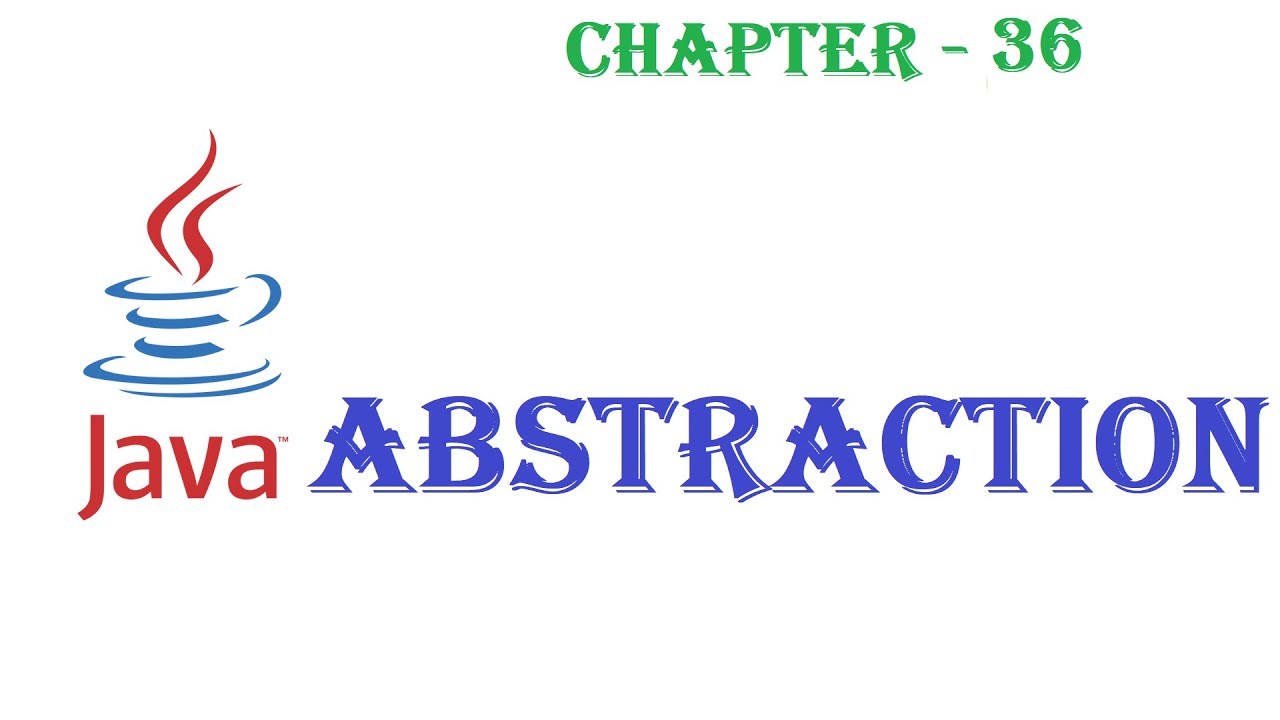
I'd be happy to explain abstract methods in Java!
According to W3Schools, an abstract method is a method declared with the keyword abstract inside an abstract class. An abstract class is a class that can't be instantiated on its own but serves as a base for other classes.
Here are some key points about abstract methods:

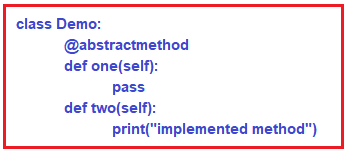
When you declare a method in an abstract class, all its subclasses must implement that method when they're instantiated. Here's an example:
public abstract class Animal {
public abstract void makeSound();
}
class Dog extends Animal {
@Override
public void makeSound() {
System.out.println("Woof!");
}
}
class Cat extends Animal {
@Override
public void makeSound() {
System.out.println("Meow!");
}
}
In this example, the abstract class Animal has an abstract method makeSound(). Both Dog and Cat are subclasses of Animal, and they must implement their own version of makeSound().
When you create objects from these classes:
public static void main(String[] args) {
Dog myDog = new Dog();
Cat myCat = new Cat();
myDog.makeSound(); // Outputs: Woof!
myCat.makeSound(); // Outputs: Meow!
}
You can see that each subclass implemented its own version of the makeSound() method. This is how abstract classes and methods work together in Java!

